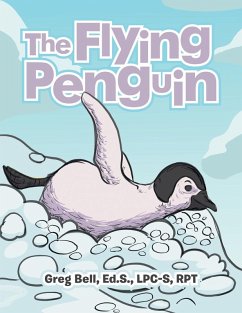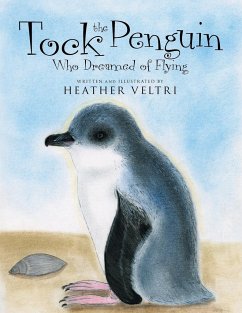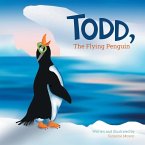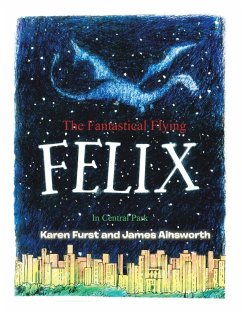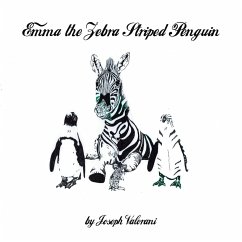The Flying Penguin is a delightful story about a penguin developing inner strength and confidence to manage adversity. The author utilizes architypes commonly associated with Jungian philosophy to represent trauma, strength, and perseverance. The story centers around Petya the penguin who is found abandoned and is forced to live in a foster tree. Petya is bullied and constantly reminded he does not fit in with the other birds. Masha is the evil villain who is attempting to harm Petya, but Petya has a secret skill unknown even to him that can save him. Children have enjoyed the story and parents, teachers, and mental health professionals have utilized the metaphor for entertainment and therapy.
Hinweis: Dieser Artikel kann nur an eine deutsche Lieferadresse ausgeliefert werden.
Hinweis: Dieser Artikel kann nur an eine deutsche Lieferadresse ausgeliefert werden.

